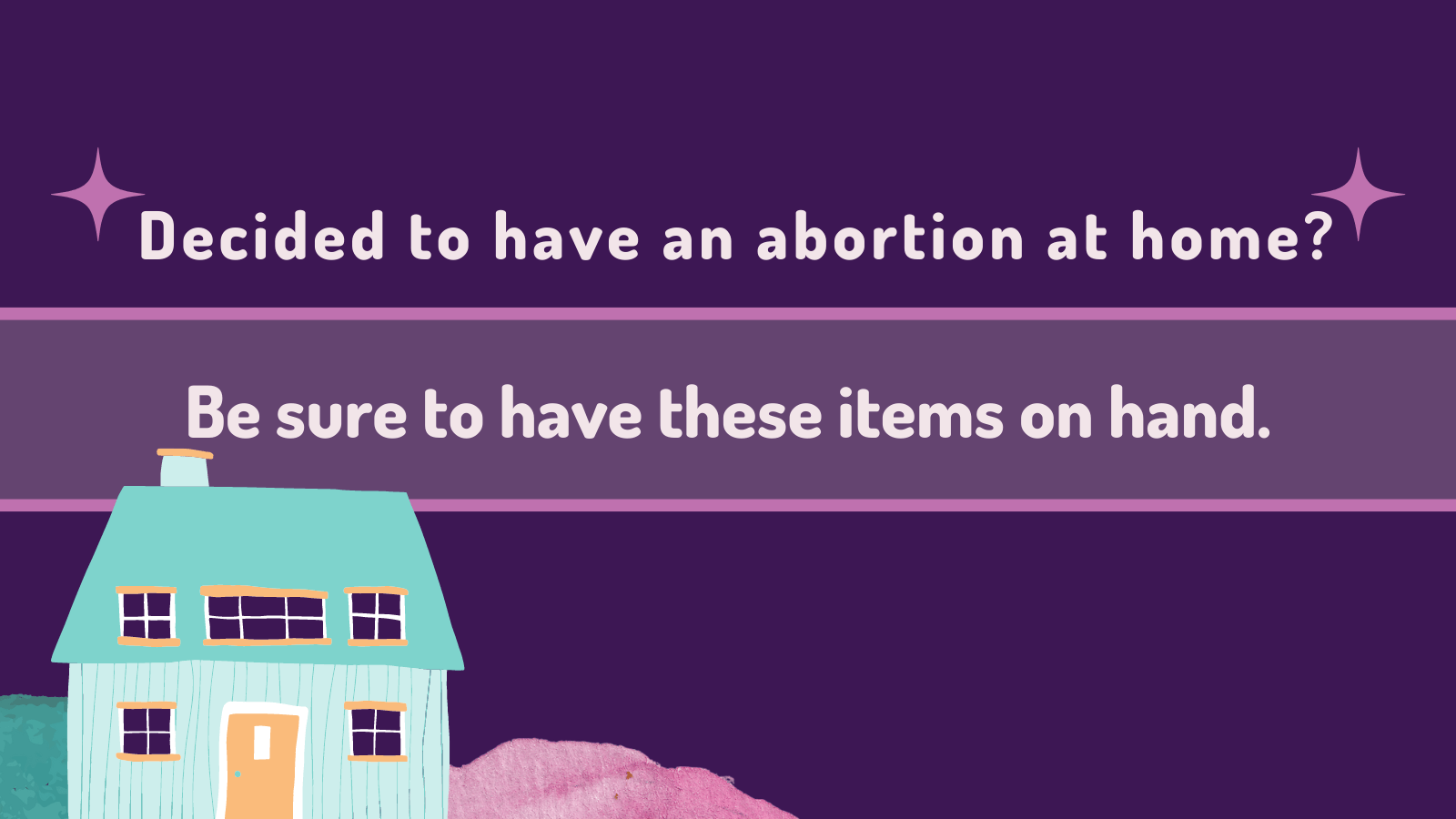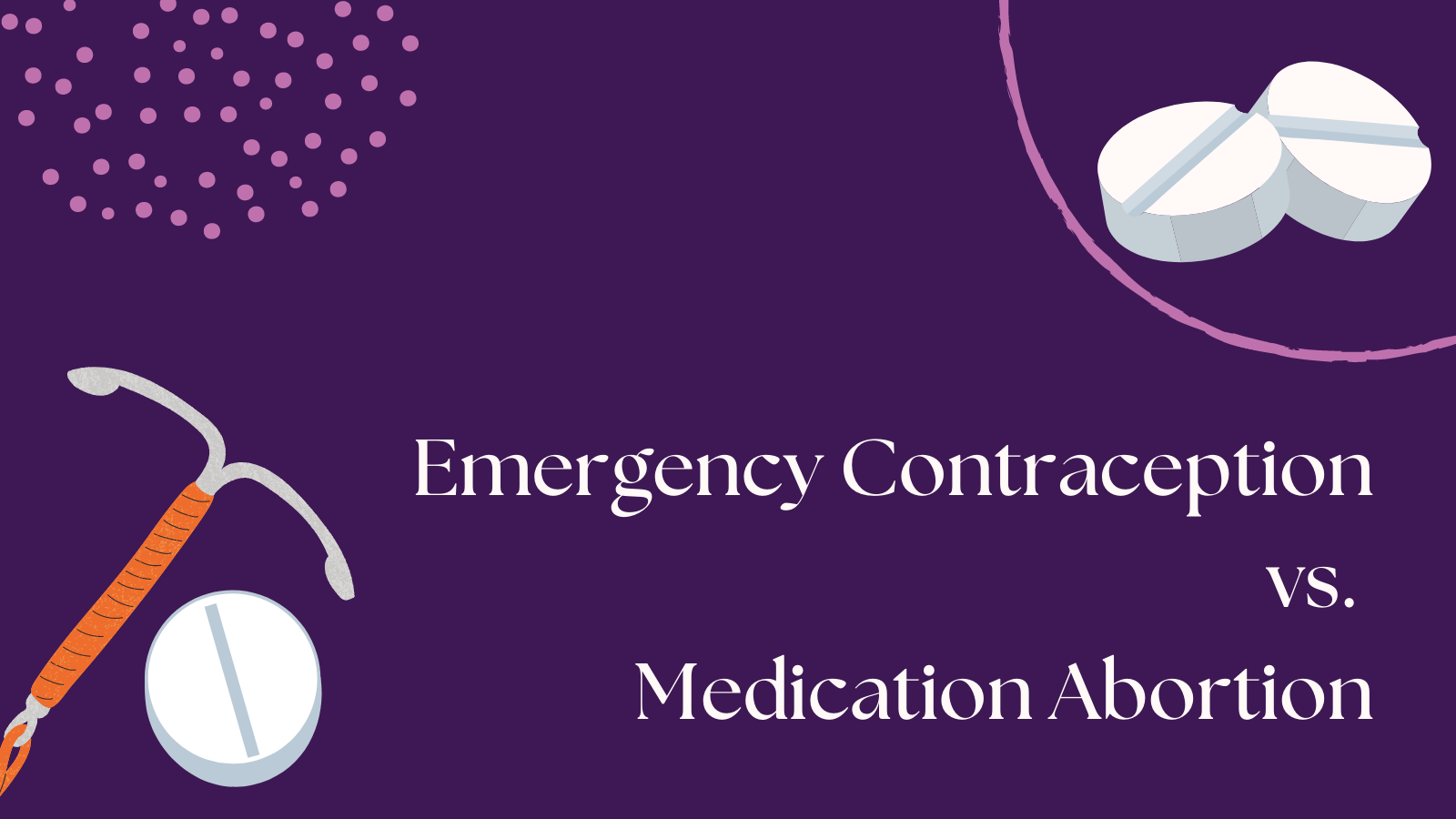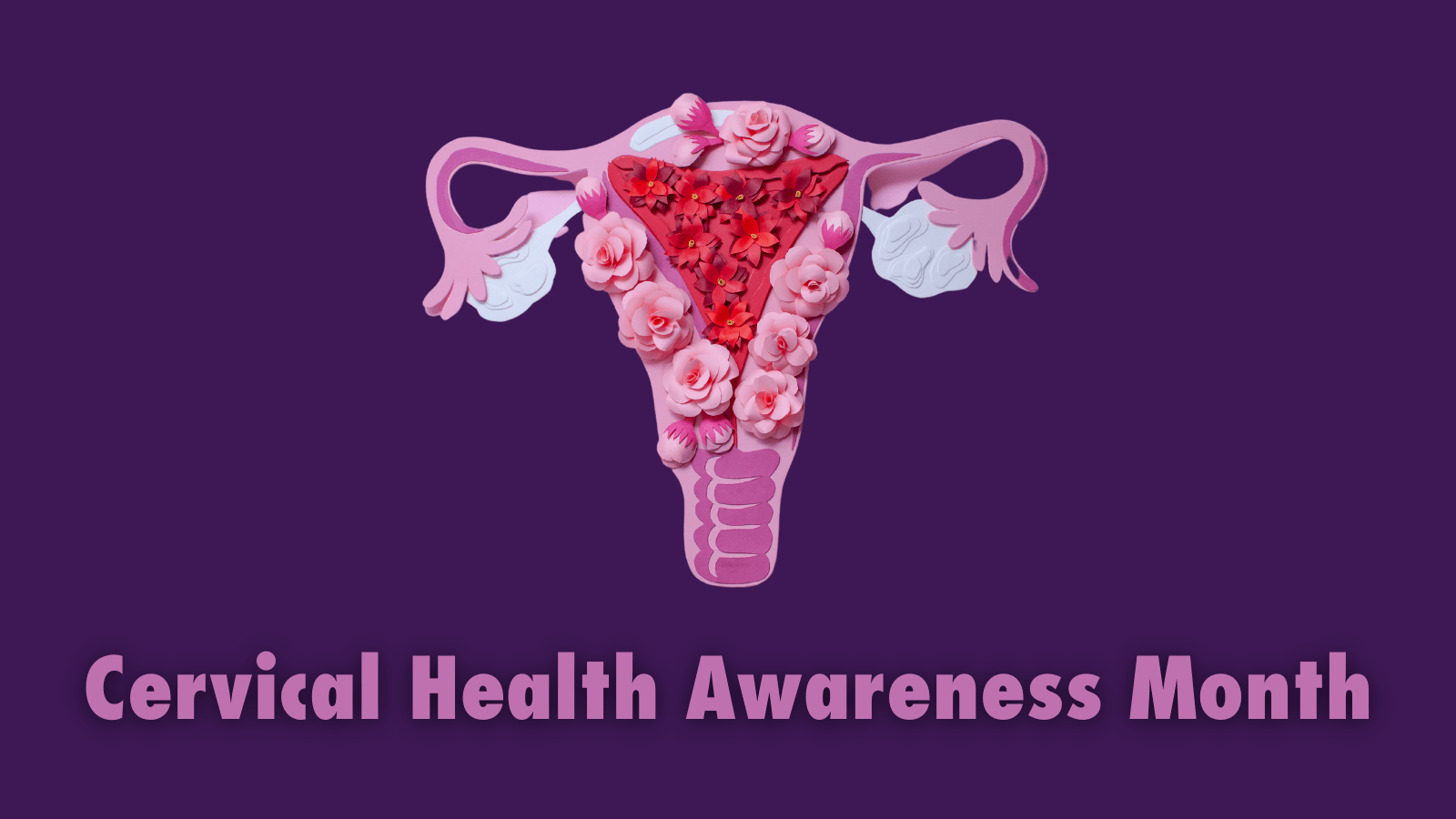We want you to help you take control of your reproductive decisions! There is a laundry list of misinformation claiming that emergency contraception and medication abortion pills are the same, but they are two completely different processes – one is to prevent pregnancy and the other is to end one. That’s why we’re diving into the differences between them and how to use each one.
Emergency Contraception
What Is Emergency Contraception (EC)?
Emergency contraception pills (also known as the morning-after pill) like Plan B, ella, My Way, and Preventeza can be used following unprotected sex or if your birth control method fails, such as a condom breaking/slipping off or forgetting to take a birth control pill. EC is most effective when taken up to 72 hours following unprotected sex. You can also get certain IUDs within 120 hours (five days) after having unprotected sex.
EC DOES NOT cause an abortion. It prevents pregnancy from occurring in the first place. EC contains a hormone, either levonorgestrel or ulipristal acetate, that makes it harder for sperm to reach the uterus and for a fertilized egg to attach to the uterus. If the fertilized egg has already implanted in the uterus before taking the medication, it will not work. In other words, if you are already pregnant, EC does not stop that pregnancy.
How Effective is Emergency Contraception?
The sooner you can take EC pills following unprotected sex, the better. According to health experts, EC like Plan B is 95% effective if taken within the first 24 hours. If taken between 48 to 72 hours later, its effectiveness drops to around 61%.
How Often Can You Take Emergency Contraception?
EC pills are safe to use whenever you need it, but they aren’t as effective at preventing pregnancy as other birth control methods. If you’re considering birth control and aren’t sure which method is best for you, Whole Woman’s Health and Whole Woman’s Health Alliance offer birth control consultations and prescriptions at our clinics. Schedule an appointment here.
Where Can You Get Emergency Contraception?
Every clinic managed by Whole Woman’s Health offers free or low-cost emergency contraception. You can also get some EC pills over-the-counter and without a prescription at most pharmacies and drugstores. They will typically cost between $30-$50, and some have age restrictions. Call a WWH clinic near you to find out how we can help.
Medication Abortion
What Is Medication Abortion?
Unlike emergency contraception, medication abortion pills are used when a person is already pregnant. They are FDA-approved medications and are an extremely safe and effective way to end a pregnancy.
Not everyone is a good candidate for a medication abortion. Currently, medication abortion is approved for use up to 10 weeks of gestational age but can be used safely later in pregnancy.
How Do Abortion Pills Work?
A medication abortion consists of two sets of pills, known as mifepristone and misoprostol.
The first pill, mifepristone blocks your body’s progesterone, which is the hormone needed for a pregnancy to grow normally. Then, up to 72 hours later, you will take misoprostol, which will cause cramping and bleeding to pass the pregnancy.
Within 1-4 hours of taking misoprostol, you will experience what feels like a heavy and crampy period, sometimes with large blood clots or clumps of tissue. The process is very similar to what people experience with an early miscarriage. The heaviest bleeding usually happens the day you take the misoprostol, but irregular, lighter bleeding can continue for a few weeks after the abortion.
When and how you take the medications depends on the laws of the state where you receive care.
How Effective Are Medication Abortions?
Medication abortions are effective up to 99% of the time. In rare cases, more medications or an in-clinic procedure may be needed to complete the process.
Learn more about medication abortion in this quick video.



